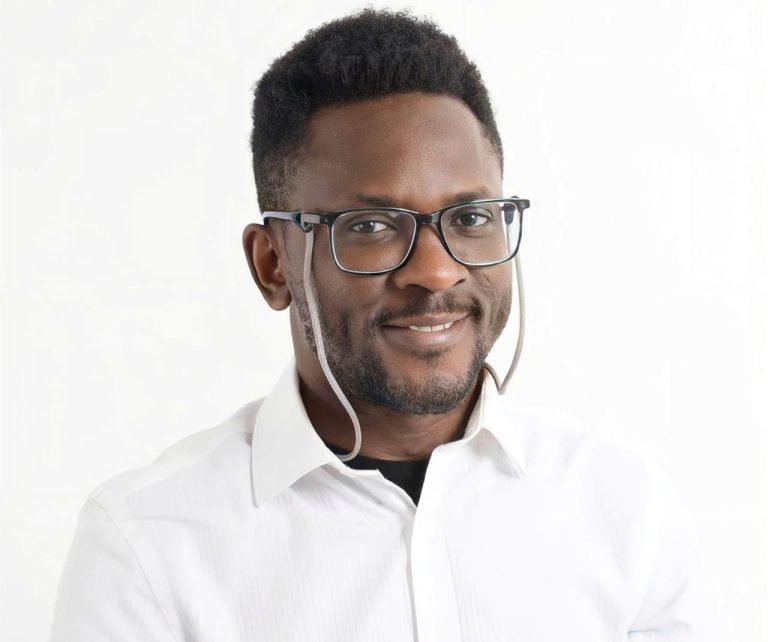From Emmanuel Adeyemi, Lokoja
A Nigerian-born medical doctor, Dr. Kennedy Oberhiri Obohwemu, is currently making wave in the United Kingdom as he has developed a groundbreaking psychological tool that could change the way mental health professionals understand and support emotional resilience.
The Delta state born Kennedy Oberhiri Obohwemu, a medical doctor and university lecturer, unveiled the Self-Comforting and Coping Scale (SCCS) in Birmingham—the first scientific tool designed to measure how people comfort themselves in times of stress.
His work also introduces a new psychological model, the Self-Comforting and Coping Theory (SCCT), which explores how self-soothing behaviours contribute to mental wellbeing.
Speaking in an interview, Dr. Obohwemu said self-comforting is often overlooked in mental health research. “We’re not just introducing a measurement tool,” he said. “With the SCCS and SCCT, we are redefining how emotional resilience is understood and how psychological support is delivered.”
The SCCS evaluates 13 different behaviours people use to soothe themselves, including mindfulness, self-talk, cognitive reframing, and emotional release. According to Dr. Obohwemu, these behaviours are distinct from traditional coping strategies and offer a more focused lens through which emotional regulation can be understood.
Until now, widely used tools like the Brief COPE or Self-Compassion Scale have offered broad assessments of coping. The SCCS, however, zooms in on how individuals respond in the moment to emotional distress—an area Dr. Obohwemu says has long been ignored.
The scale has been validated through rigorous testing and is already gaining attention in academic and clinical circles. It has been published in the Global Journal of Humanities and Social Sciences and is currently being tested further through international trials.
Dr. Obohwemu believes the implications of this work go far beyond the therapist’s office. “This isn’t just for psychologists,” he said. “Educators, employers, and policymakers can all use the SCCS to help create healthier environments—whether in schools, workplaces, or communities.”
Experts say the SCCS could be a valuable resource in identifying not only helpful self-soothing techniques but also potentially harmful ones. That means more targeted mental health interventions could be delivered earlier, helping people before distress becomes crisis.
Ongoing research will explore how the tool applies across different cultures, with trials currently listed under the ISRCTN Registry (ISRCTN12254719). Dr. Obohwemu emphasized the need for cross-cultural validation, noting that the ways people soothe themselves are often influenced by upbringing and cultural norms.
“The way people cope is personal—but also profoundly cultural ,We want this tool to reflect that diversity, and to be truly global in its relevance and impact.”
Dr. Obohwemu, who lectures in public health, psychology, and social care, continues to mentor emerging professionals while advancing interdisciplinary research that links mental health science, public policy, and human-centred innovation.
His work aligns with a growing shift in global health: prioritising not only what works, but what fits—tools and frameworks that are both evidence-based and contextually meaningful.
For innovators, investors, and health leaders seeking effective solutions to rising stress, burnout, and mental health demands, the SCCS represents a forward-thinking model—one grounded in scientific rigour and built for real-world impact.
